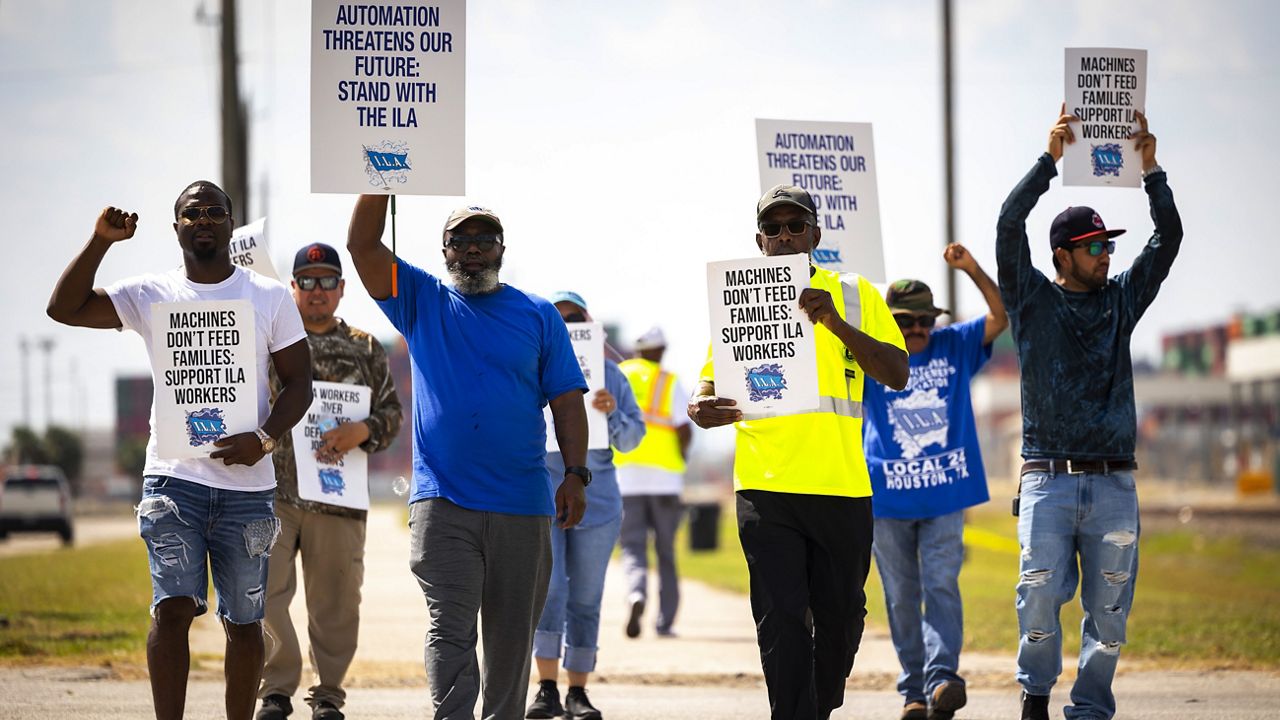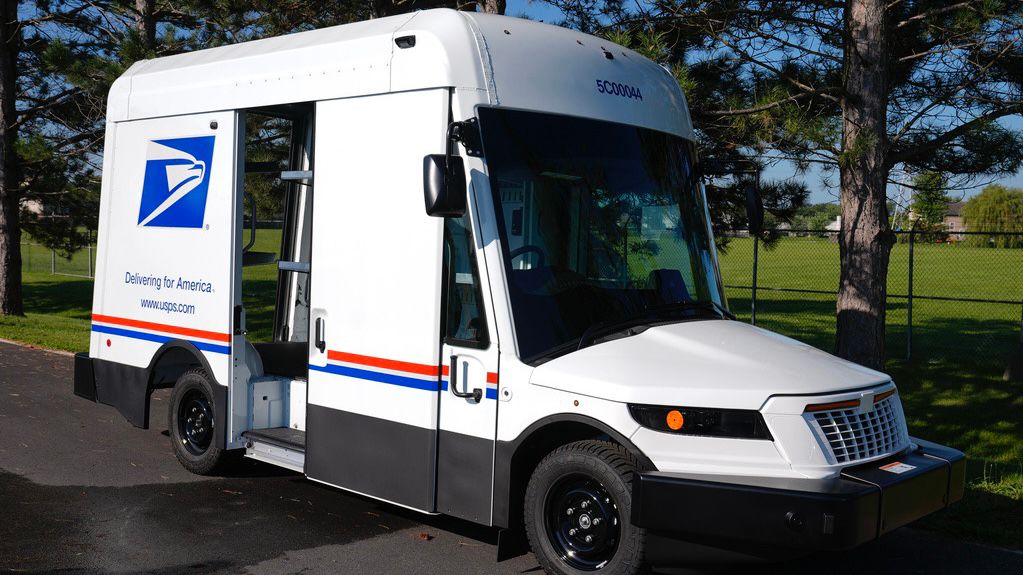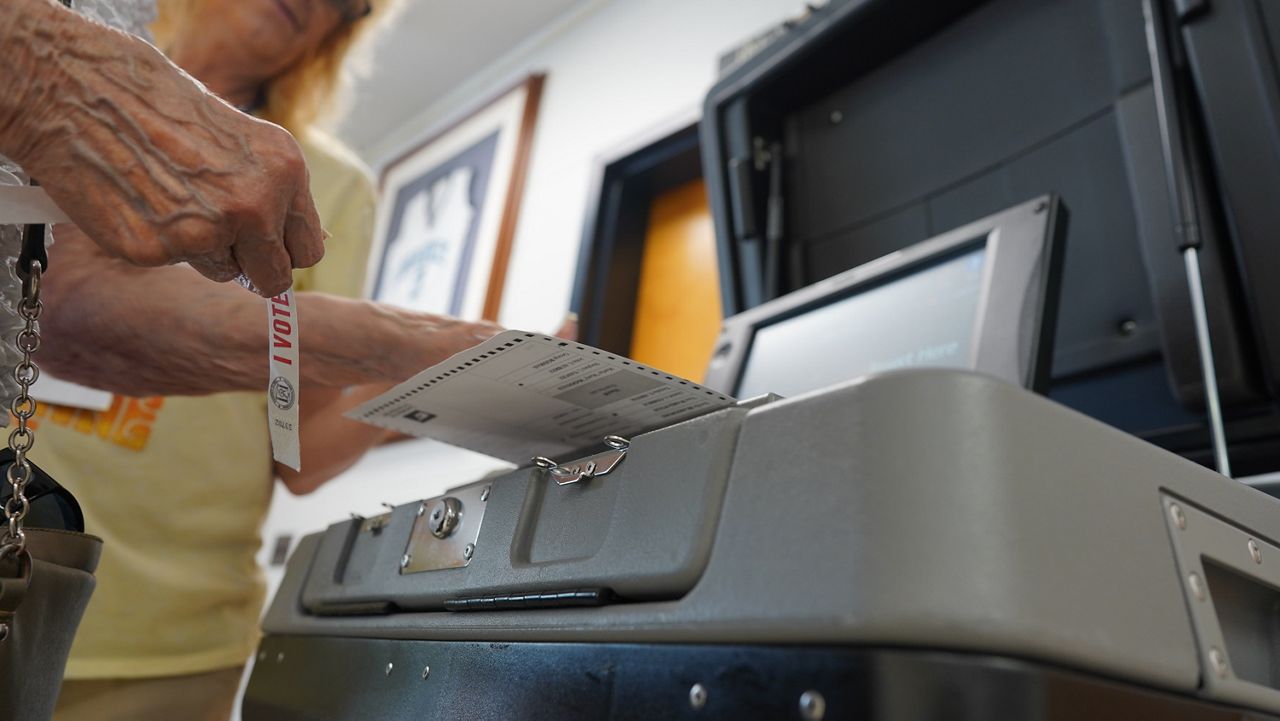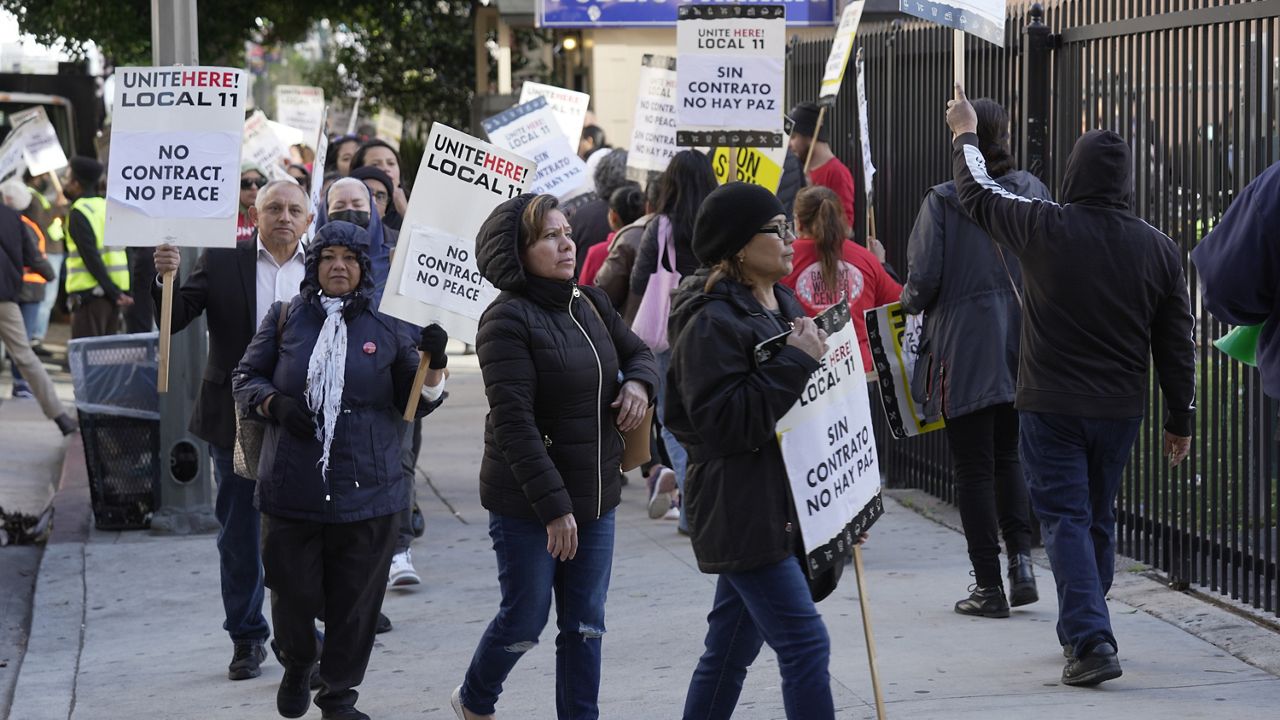Over 75,000 workers for the health system Kaiser Permanente began picketing on Wednesday in what the unions are calling “the largest healthcare worker strike in U.S. history” as they advocate for better pay and better working conditions after three years on the frontlines of fighting the COVID-19 pandemic.
Workers for Kaiser, which serves around 13 million people, went on strike Wednesday morning and will demonstrate until Saturday morning in six states — California, Oregon, Washington, Colorado, Virginia — and Washington, D.C., the Coalitions of Kaiser Permanente Unions said. The coalition, which negotiates on behalf of roughly a dozen unions, gave Kaiser executives a 10-day notice on Sept. 22, but no deal has been reached. The workers’ contract expired on Saturday, but Kaiser said on Tuesday that negotiations are ongoing.
“There have been good discussions with Kaiser on a number of issues, and while there is no concrete agreement, we can see a path to resolution,” union negotiators said in a message to their members on Saturday. “On important issues, though, we remain far apart.”
Among the issues remaining in dispute are staffing levels, across-the-board pay increases for every union member, protections against outsourcing and subcontracting union jobs, bonus sizes, and improvements to the retiree medical plan.
“Kaiser continues to bargain in bad faith over these issues and, so far, there is no light at the end of the tunnel,” the negotiators wrote. “All eyes are on us as we prepare for the largest healthcare workers’ strike in history!”
In an emailed statement, Kaiser said that both sides “have been making progress” during talks on Tuesday and a “strike is not inevitable and it is certainly not justified.”
“Our goal is to reach a fair and equitable agreement that strengthens Kaiser Permanente as a best place to work and ensures that the high-quality care our members expect from us remains affordable and easy to access,” Kaiser said in their statement, noting that “across the country, people working in health care during the pandemic and in its aftermath have faced the toughest challenges that anyone has had to deal with. Health care is still under great stress. More than 5 million people have left their health care jobs and burnout is at record highs.”
“Every health care provider in the nation has been facing staffing shortages and fighting burnout. We are all struggling to catch up with care that was delayed, and we have had fewer people to help carry the work forward,” the statement continued.
The unions did say that they are closer to agreement with Kaiser on higher pay for less desirable shifts, remote work policies, and training investments into current and former employees. But the union has noted that the health network reported more than $3 billion in profits in the first six months of 2023. Like other unions, including autoworkers currently striking against Detroit’s Big Three automakers, Kaiser workers say they want their fair share.
If the strike this week is unsuccessful, the unions have threatened “another longer, stronger strike in November,” which will include more workers in Washington whose contract expires on Oct. 31.
“This is a difficult decision, and we know it will require sacrifices of us all, but Kaiser executives continue to bargain in bad faith over the solutions we urgently need to the Kaiser short staffing crisis and the safety and well being of our patients and workers is on the line,” the coalition wrote in a Sept. 22 update. “As frontline healthcare workers, we got into this work to help people. It’s frustrating and painful to watch our patients waiting and suffering while we burn ourselves out trying to do the work of two or even three people trying to care for everyone.”
Kaiser argued they offer higher total compensation in every market they operate in, offer what they call “great benefits” to employees and retirees and put $1 billion towards “special benefits” during the worst of the pandemic, including housing child care and sick benefits for frontline workers. The health provider also said they will have hired 10,000 new union workers this year by the end of October.
During the strike, Kaiser said their hospitals and emergency departments will remain open and staffed by “our physicians, trained and experienced managers, and staff, and in some cases we will augment with” outside workers. Some non-emergency and elective services will be rescheduled and pharmacy services will be expanded to include retail pharmacies if Kaiser outpatient pharmacies close.
The planned strike comes as over 25,000 autoworkers are on strike against Ford, General Motors and Stellantis, with the possibility of all 150,000 members of the United Auto Workers walking off the job if the strike expands. In Hollywood, the writers union recently reached a tentative deal to end its strike, but SAG-AFTRA, the actors union, still has its 160,000 members off the job.









